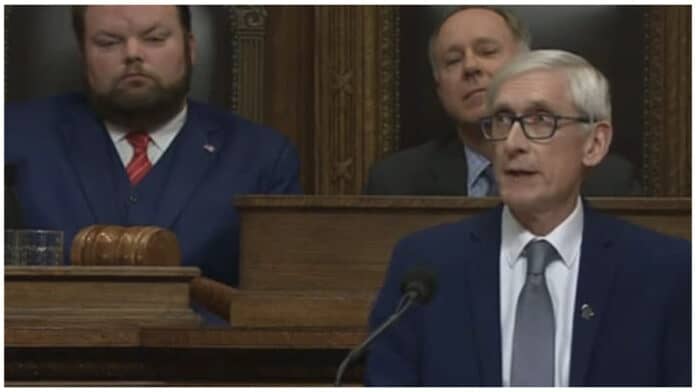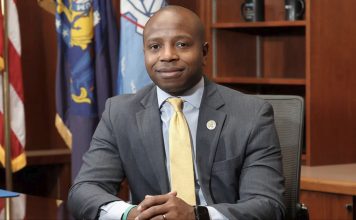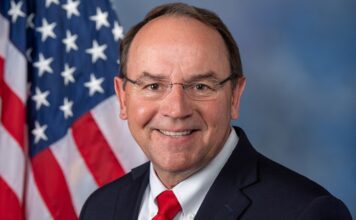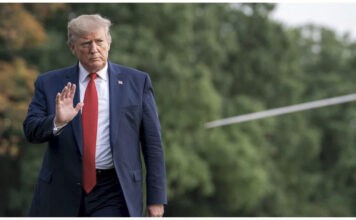BY: David Craig
“What restricts the power of the unelected bureaucrats to impose rules on the people of Wisconsin and penalize them for noncompliance? According to the majority, nothing at all.” So warned outgoing Wisconsin Supreme Court Justice Rebecca Bradley in her dissent in Evers v. Marklein (Marklein II). And at the governor’s direction, the unelected bureaucrats have certainly begun imposing their will on Wisconsinites. Just ask the state’s agricultural community.
Earlier this summer, Evers’s Department of Agriculture, Trade and Consumer Protection (DATCP) proposed a rule that increases fees for “animal markets, animal dealers, and animal truckers.” The rule has made headlines for its dramatic increases to certain fees, with increases to some reaching almost 1,700 percent. Such an increase would likely never have escaped suspension by the legislature’s Joint Committee on Review of Administrative Rules (JCRAR), but with the State Supreme Court’s holding in Marklein II, the sky is the limit for Madison bureaucrats.
Prior to the court’s holding in Marklein II, the legislature could object to and suspend rules from the executive branch through JCRAR. But the majority’s opinion in Marklein II reversed decades of precedent and, among other things, stripped authority from the legislature to pause or suspend rules put forward by the governor. The decision dramatically imbalances power away from the legislature and toward the governor, increasing the power of one of the most powerful governorships in the country.
Industry insiders are saying that the state’s already struggling farmers will bear the brunt of the Evers fee proposal, but we all know that at the end of the day, consumers will bear the ultimate burden. Interesting how liberal policies that are supposedly intended to help the “little guy” actually punish him. Unfortunately, Wisconsinites should brace for more bad news.
When Evers was first elected, he made a slogan for his government: “The will of the people is the law of the land.” But it turns out “people” means exclusively “Madison bureaucrats.” The Evers Swamp is running the table with its unchecked authority, having won Marklein II and also successfully getting the State Supreme Court to validate the governor’s action in vetoing into law property tax increases for the next 400 years. And that was just at the beginning of summer. Since then, Evers has unilaterally relegated mothers to “pregnant persons” in the administrative code, blocked federal school choice funds from flowing to Wisconsin students, and is now threatening the agricultural community with fees no legislator ever voted for.
With Governor Evers’s final year in office approaching, what does his new unchecked authority hold for Wisconsinites? Only time will tell what unchecked regulations are headed our way, but the governor’s recent actions signal his lame duck exit won’t bode well for the “little guy.”
Apart from controlling the purse strings during the budget process, the legislature is limited in its ability to restrain Evers now that the Supreme Court has stripped its authority. But it can, and should, flex what authority it does have. This includes the authority to make the attorney general opine as to the legality of what the governor is doing, as is commanded in Wisconsin statute. Likely, the Democrat attorney general will affirm that the Democrat governor’s actions have been blessed by the liberal Supreme Court. But the attorney general should have to issue an opinion on the legislature’s questions as to how far that authority goes, including under the most extreme hypothetical example.
In addition to its authority relative to the attorney general, the legislature also has the authority to direct the Legislative Audit Bureau to conduct audits of state agencies. Crucially, the recently enacted One Big Beautiful Bill Act requires states to revise work requirements for food stamps recipients and finally enacts a work requirement for certain Medicaid recipients. The legislature should utilize its authority under the law to direct the Audit Bureau to review the performance of state agencies to ensure they are complying with federal law and wholeheartedly implementing these important reforms.
With Governor Evers flexing his new, court-created authority, Wisconsinites are right to fear for their pocketbooks. But the legislature can still act to ensure that the “will of the people” actually is the law of the land.
David Craig is Legal Director for the Foundation for Government Accountability


































